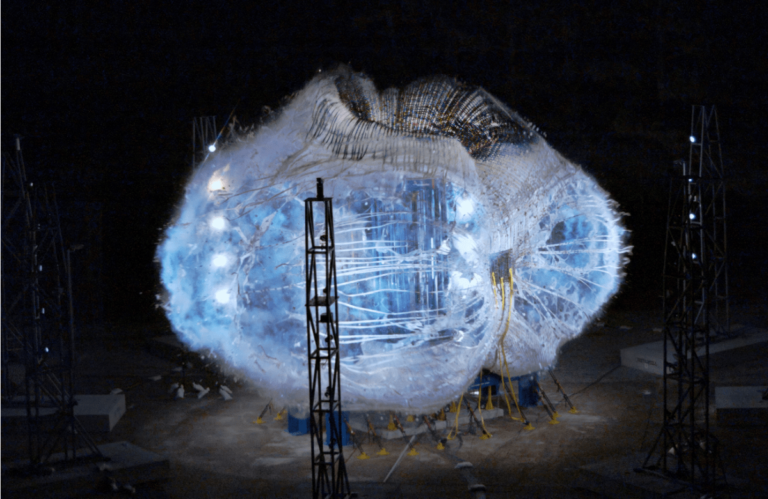“Ukrainian Space Agency Ex-Chief Leads $4M Funded Tech Startup for Satellite Servicing”

Kurs Orbital, a startup founded by Ukrainian space industry veterans, has closed a new tranche of funding to accelerate the commercialization of its satellite servicing technology.
The two-year-old company aims to unlock a new era for human activities in space by enabling capabilities like satellite relocation and inspection, de-orbiting and space debris removal.
Unlike other firms developing in-space servicing tech, Kurs Orbital’s module will be able to attach to “non-cooperative” targets, or target spacecraft that aren’t fitted with any hardware in advance.
On-orbit servicing has gained attention in recent months after the failure of a handful of high-cost, high-profile satellite missions.
We believe that one of the next big steps in space will be multimodality, as we know it on Earth.




